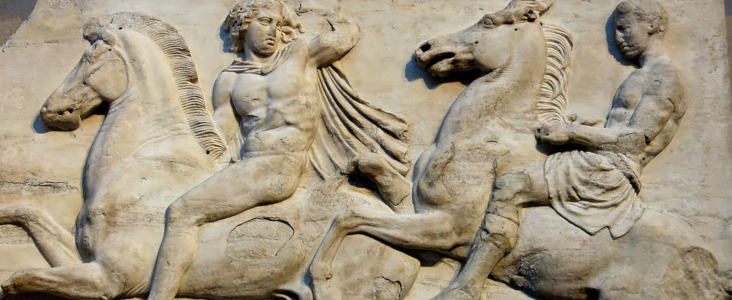-
Courses

Courses
Choosing a course is one of the most important decisions you'll ever make! View our courses and see what our students and lecturers have to say about the courses you are interested in at the links below.
-
University Life

University Life
Each year more than 4,000 choose University of Galway as their University of choice. Find out what life at University of Galway is all about here.
-
About University of Galway

About University of Galway
Since 1845, University of Galway has been sharing the highest quality teaching and research with Ireland and the world. Find out what makes our University so special – from our distinguished history to the latest news and campus developments.
-
Colleges & Schools

Colleges & Schools
University of Galway has earned international recognition as a research-led university with a commitment to top quality teaching across a range of key areas of expertise.
-
Research & Innovation

Research & Innovation
University of Galway’s vibrant research community take on some of the most pressing challenges of our times.
-
Business & Industry

Guiding Breakthrough Research at University of Galway
We explore and facilitate commercial opportunities for the research community at University of Galway, as well as facilitating industry partnership.
-
Alumni & Friends

Alumni & Friends
There are 128,000 University of Galway alumni worldwide. Stay connected to your alumni community! Join our social networks and update your details online.
-
Community Engagement

Community Engagement
At University of Galway, we believe that the best learning takes place when you apply what you learn in a real world context. That's why many of our courses include work placements or community projects.
First Year BA

Classics in First Year Arts 2025–26
For full details about our undergraduate programme, consult the Classics Student Handbook, available on our Undergraduate Classics page.
Why study Classics?
Orientation week
Watch Dr Edward Herring's presentation below, given during our first year Orientation Week for 2020–21.
Choosing your modules
All Ancient Classics modules count for 5 ECTS credits. Depending on your programme, during First Year you will take the following credits in Ancient Classics:
-
15 ECTS credits (3 modules) = three lectures per week each semester:
Typically students taking BA Connect programmes (Bachelor of Arts with Children's Studies, Human Rights, or Performing Arts Studies). -
20 ECTS credits (4 modules) = four lectures per week each semester:
Most other programmes, including the BA Joint Honours (GY101).
The following are guidelines about the module choices that may be available to you. You can read about each module in the First Year Modules section of our Student Handbook. If still undecided, you are very welcome to attend the lectures in each module before making up your mind.
1BA semester one course structure
Core module
CC1101 Mythology and the City in Ancient Greece.
Most students will take this module, which involves 2 lectures per week:
- Prof. Clarke on ancient mythology and the origins of poetry and philosophy in the Near East and Greece.
- Dr Edward Herring on the art, archaeology and history of Athens.
Year-long modules
Students taking 20 ECTS will take both of the following year-long modules. BA Connect and other students taking 15 ECTS choose one module:
- CC1100 Classics in Twenty Objects (part 1):
Team taught. Exploring Antiquity through objects—and learning how to explain them to others. - CC114 Written Words & Spoken Languages (part 1):
Dr Jacopo Bisagni on European languages and written culture between Antiquity and the Middle Ages.
1BA semester two course structure
Core module
CC1102 Empire and Literature in Ancient Rome.
Most students will take this module, which involves 2 lectures per week:
- Dr Edward Herring on the history and archaeology of ancient Rome.
- Dr Grace Attwood on Latin literature and the poetry of Virgil.
Year-long modules (continuing from semester one)
Students who began one or both of the following modules in semester one will continue them in semester two:
- CC1100 Classics in Twenty Objects (part 2):
Team taught. Exploring Antiquity through objects—and learning how to explain them to others
- CC114 Written Words & Spoken Languages (part 2):
Dr Jacopo Bisagni on European languages and written culture between Antiquity and the Middle Ages.
Language options
Regrettably, we are unable to offer beginners’ language to first years this year, because first years are starting later than other year groups. Students will have the opportunity take up these languages at the start of their second or final year.



















